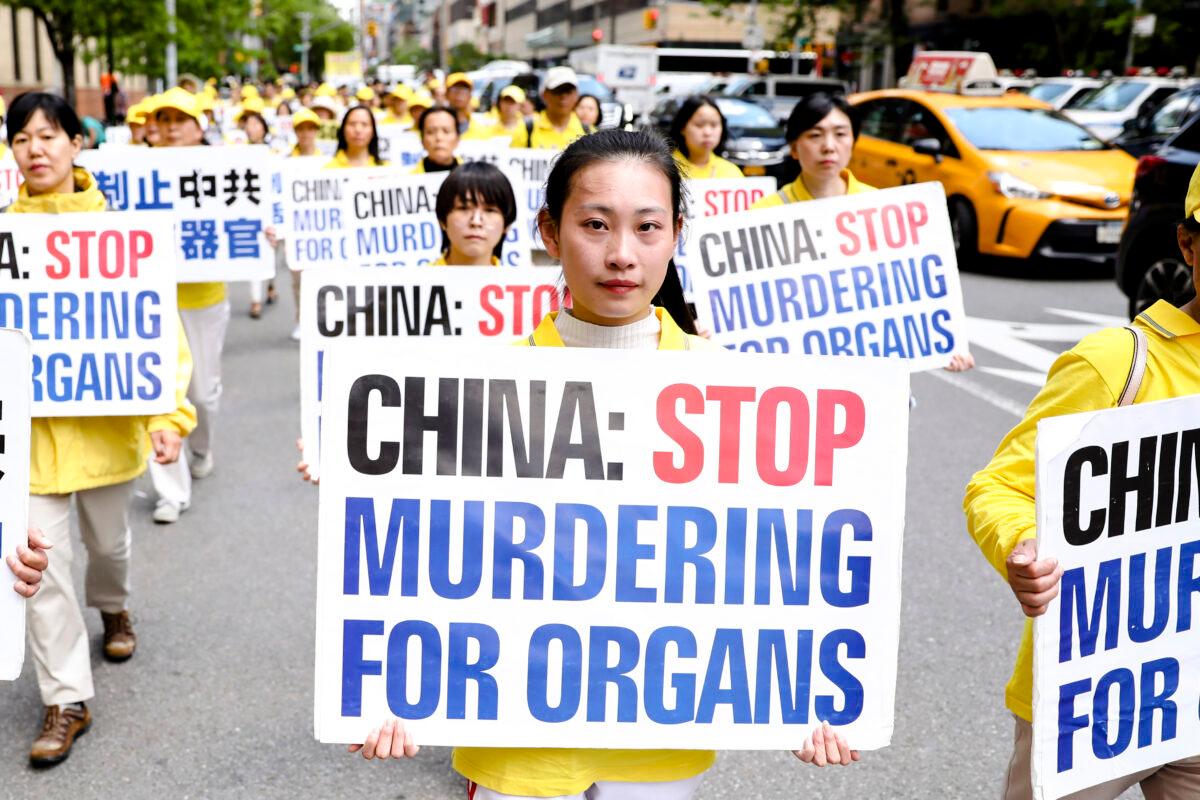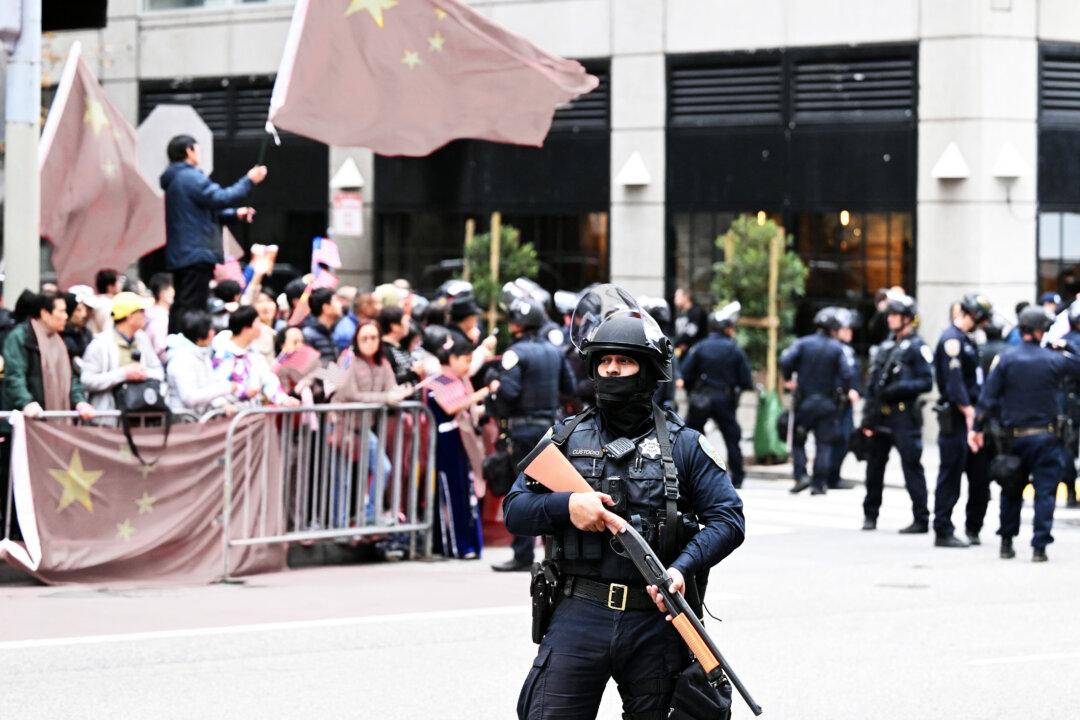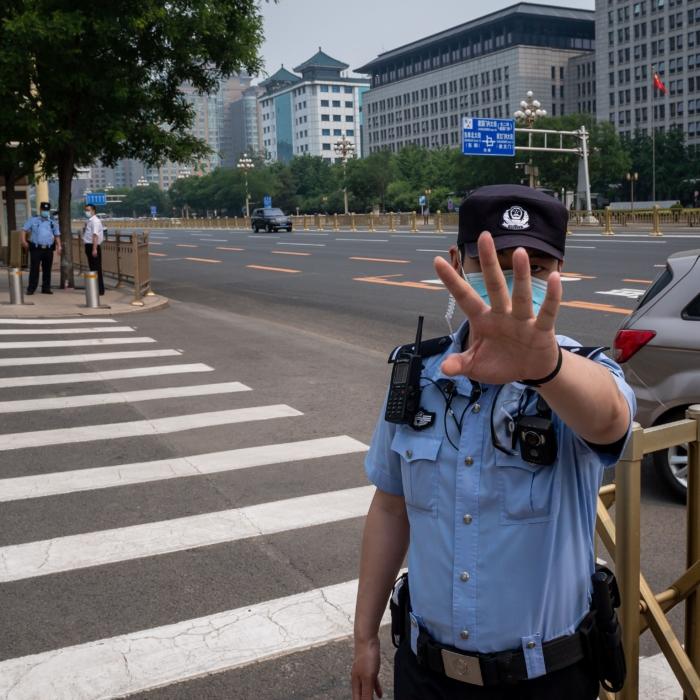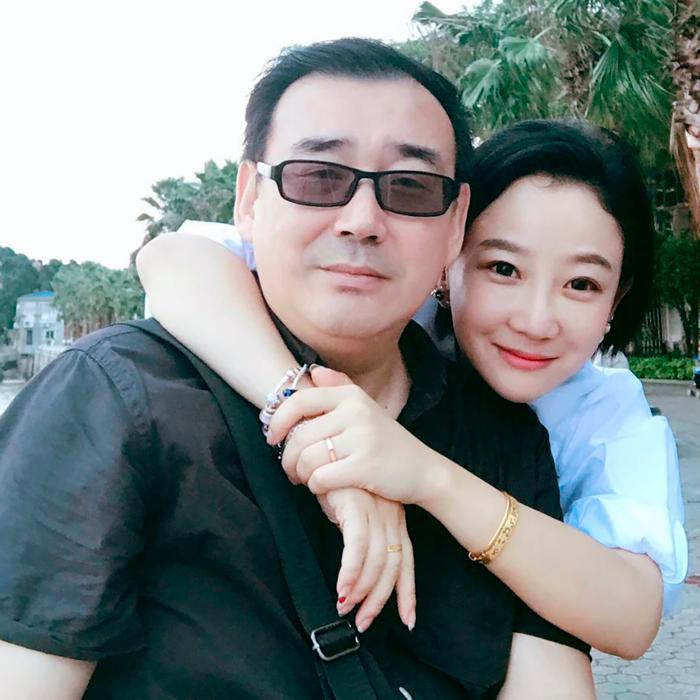Australia should remain unbowed amid ongoing threats from Beijing to cease discussion on human rights and democratic principles, says Liberal Party Senator Paul Scarr.
His comments come following the surprise decision by the Chinese Communist Party (CCP) to hand a “suspended death sentence” to Australian citizen, Yang Hengjun.
That decision by the CCP came following threats from Beijing’s top diplomat against the Australian government after it congratulated Taiwanese President-Elect William Lai on his victory at the January election.
“I considered the Australian government’s message to be entirely appropriate. It was a message of goodwill. I am sure it reflects the views of the Australian people,” Senator Scarr told The Epoch Times.
The Queensland senator said Australia should not back away from discussing human rights, saying it was a “moral obligation.”
“It is important that Australia keeps raising its human rights concerns with the Chinese authorities, including with respect to the treatment of Falun Gong practitioners,” the senator said, alluding to the spiritual practice that has been subjected to brutal persecution under the CCP.
“The findings of the United Nations Human Rights Office in relation to human rights violations committed against Uyghurs and other ethnic minorities in the Xinjiang region is also an issue concerning many Australians.”
On Feb. 5, Foreign Minister Penny Wong revealed that detained Australian writer, Mr. Yang, had been handed a suspended death sentence by a court in China, which could be commuted to a life sentence after a two-year probation period.
The minister said she was “appalled” by his treatment and that her department would be “communicating our response in the strongest terms.”
The opposition’s response was more direct.

A Threat to Freedom of Thought
The treatment of Mr. Yang stands in stark contrast to that of Chinese-Australian reporter and news anchor, Cheng Lei, who was released late last year by Beijing. Australian Foreign Minister Wong said the release was achieved due to “persistence” and “consistent advocacy.”At the time, there was also much discussion about the “thawing” of Australia-China ties amid the resuming of high-level diplomatic meetings, which had not occurred for years under the previous Coalition government. The previous government was the first in the world to call for an independent investigation into the origins of COVID-19.
However, the advent of the Taiwan election also spurred Beijing to issue a warning on recognising the democratic island as a separate entity from Beijing.
“Any move that violates the one-China principle will undoubtedly undermine China-Australia relations,” he wrote, claiming Taiwan was Beijing’s “internal affair.”
On Jan. 14, the Department of Foreign Affairs and Trade congratulated Mr. Lai on his victory and wrote on its website, “We also congratulate the people of Taiwan on the peaceful exercise of their democratic rights. The smooth conduct of the elections is a testament to the maturity and strength of Taiwan’s democracy.”
Just two weeks later, news of Mr. Yang’s situation emerged.
There had been observations that Beijing would actively try to shape how the world perceived and viewed Taiwan.
“That’s an issue for us because our Taiwan policy has been very thin, and our policy systems are very risk-averse when it comes to Taiwan,” he revealed. “And that makes them vulnerable to that kind of discourse power.”







